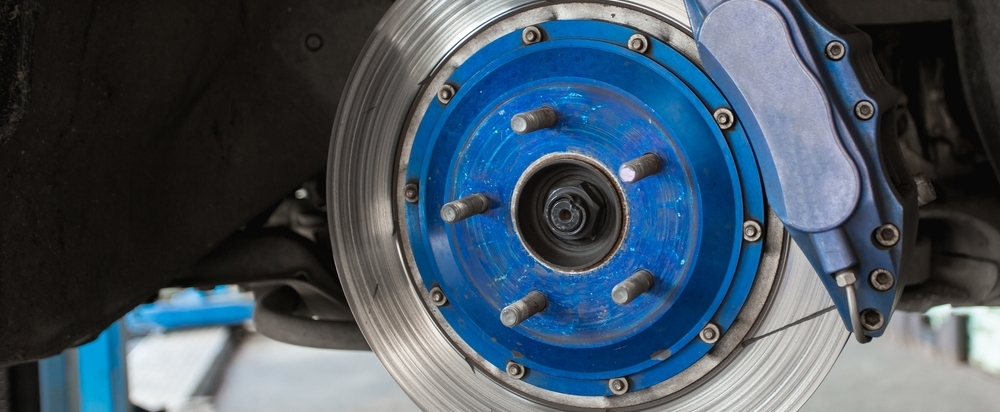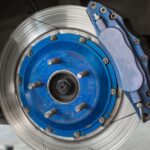
07 Dec Why Are My Brakes Squeaking?

Are you tired of that high-pitched, irritating, squeaky sound your brakes make every time you press the brake pedal? If so, you’re not alone. Brakes squeaking is a common issue many drivers experience and can be annoying and concerning. Causes include worn brake pads, damaged rotors, or malfunctioning calipers. In this article, we will explore why brakes squeak and what you can do to resolve the problem.
The Braking System Components
Brake squeaking can indicate a problem with your vehicle’s braking system. A typical system consists of brake pads, rotors, calipers, and brake fluid. When you press the brake pedal, the calipers squeeze the brake pads against the rotors to slow down or stop the vehicle.
Common Causes of Brakes Squeaking
Brake squeaking is easy to identify as it produces a high-pitched sound when you apply the brakes. Pay attention to the noise’s frequency, intensity, and consistency to distinguish between normal brake noise and a potential issue. If the noise persists and gets louder over time, it requires attention. Common causes for brake squeaking include…
Worn Brake Pads
Worn brake pads are one of the most common reasons for brakes squeaking. Over time, the pad friction material wears down, exposing the metal backing. This results in the metal backing directly contacting the metal rotors and creating the annoying squeaking sound.
Glazed Brake Pads
Glazed brake pads are another cause of brake squeaking. Excessive heat can cause shiny, smooth brake pads, reducing effectiveness and squeak.
Environmental Factors
Humidity or wet conditions can cause brake squeaking. Dusty or dirty roads can trap debris and cause similar issues. Knowing these factors can help maintain the brakes.
Brakes Squeaking Repair Strategies
Don’t ignore brake squeaking. It may indicate worn brake pads, damaged rotors, or malfunctioning calipers, which can compromise your ability to stop the vehicle safely. Take prompt action to avoid more expensive repairs and maintain safety.
DIY Fixes for Brakes Squeaking
If you are noticing that your brakes are making a squeaking noise, there are a few do-it-yourself fixes that you can try before taking your car to a professional. One option is to clean the brake components thoroughly. First, remove the wheels and inspect the brake pads and rotors for any visible signs of dirt or debris. Use a brake cleaner spray to get rid of any contaminants that are causing the squeaking.
Another DIY fix is to replace the brake pads. New brake pads can fix squeaking caused by worn or glazed ones. Follow the manufacturer’s instructions and use the correct pads for your vehicle.
When To Seek Professional Help
If you’re not sure what’s causing the squeaking sound in your vehicle or you don’t feel confident enough to fix it yourself, it’s always a good idea to consult a qualified mechanic. Moreover, if the brake squeaking persists even after attempting to fix it on your own, it could indicate a more severe problem that requires professional attention. A mechanic is trained to diagnose and repair the issue properly, ensuring your braking system’s safety and optimal performance.
Preventive Maintenance
Preventing brake squeaking is always better than dealing with the issue after it occurs. Here are some preventive measures you can take to avoid brake squeaking:
- Exercise regular maintenance: Schedule regular brake maintenance to prevent significant issues.
- Apply gentle braking: Avoid aggressive braking. Gradually apply brakes to reduce pad wear.
- Avoid excessive moisture: If you live in a humid climate or frequently drive in wet conditions, keep your vehicle in a covered area or use a car cover to minimize moisture exposure.
- Clean your wheels: Avoid contamination of your braking system by regularly removing dirt, dust, and debris from your wheels.
- Use high-quality brake pads: Invest in high-quality brake pads designed to reduce noise and provide optimal performance.
Schedule A Brake System Inspection
Brake squeaking may seem minor, but it could indicate a more significant problem with your braking system, such as worn brake pads, damaged rotors, or malfunctioning calipers. Ignoring these issues can compromise your ability to stop the vehicle safely, and prolonged brake squeaking can cause further damage, leading to more expensive repairs.
Please call Ron’s Garage at (734) 662-8379 for same-day or next-day appointments. Otherwise, visit our website for more information or to schedule your next Routine Brake Maintenance Service.

